Storytelling that’s sticky
September 13th, 2021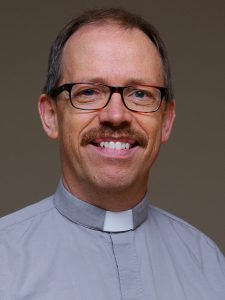 By John Hulden
By John Hulden
I heard a powerful news story on NPR last week. It got me to thinking how much I love a good story – news story, Bible story, a story told around the campfire or the kitchen table. If you are a Jesus follower like me, I’ll bet you like a good story, too. Jesus was all about stories. Do you have a favorite Jesus story? Either a story about Jesus or a story Jesus told? (Mine can be told in six words: “Showed up late, still got paid.” From Matthew 20:1-16.)
As a preacher, I depend on stories. I want, no, I need a good story. If you have ever taught Sunday School, mentored confirmation students, were a part of a small group of any kind in your worshipping community — a good story can make your time together not only memorable, but meaningful.
“Despite being a news junkie, I confess I had trouble tracking — even remembering — the ins and outs of the Afghan conflict.”
A good story is sticky; it sticks with you. You might find you are re-telling a good story to someone — anyone — within hours or even minutes of hearing it.
I’ve been a news junkie since I was a teenager, which turned into a Journalism/Political Science double major in college. A few years after graduation that double major and holy nudges sent me to seminary … to be a pastor?
Not at first. I wanted to better understand Bible stories. The call to ordained ministry for me didn’t happen until that pastor-apprenticeship year in Barrett, Minnesota. (It’s called an internship!) I got to listen, study, play with, and preach about real life stories and Biblical stories with the good folks at Peace Lutheran.
9/11 WAS 20 YEARS ago. These past days we’ve heard stories about people in the Twin Towers, at the Pentagon, and on Flight 93 in Pennsylvania – the heroes, the heartbreak, the historical context. I suspect we hear these stories differently now that we are 20 years removed from 2001. Good journalism can move us forward as a society. It’s been said that “journalism is the first rough draft of history” (which is normally attributed to Philip Graham, former publisher of The Washington Post). What did we learn? What do we still need to learn?
Twenty years was also the length of our involvement in the Afghanistan war. Despite being a news junkie, I confess I had trouble tracking — even remembering — the ins and outs of that conflict. Here is the news story that stopped me in my tracks last week. You can also read a slightly longer version.
Many of you might know our colleague on staff, Jeni Huff. This story is about her dear brother who was killed in action while serving in Afghanistan. (The story incorrectly reports that he was killed in 2009; it was actually 2010.) God bless the memory of Chris Goeke.
“As a preacher, I depend on stories. I want, no, I need a good story.”
This story, like any really good story, continues to stick with me. I’ve shared it with family and friends. I have thought about our involvement in Afghanistan, our actions as a country post 9/11, the impact and on-going ripple effects of war and conflict — nationally, internationally, and now, personally.
Good stories do that: Hard truths. Real tears. Important lessons and often, more questions than answers.
Let’s keep our ears open for good stories. I hope you hear a sticky one today.

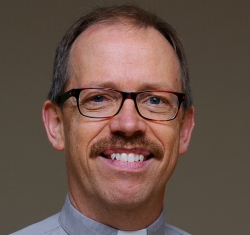
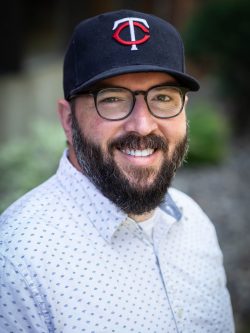
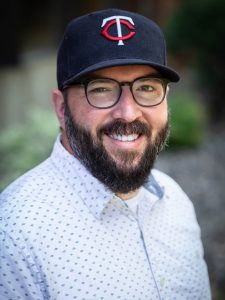 By Nick Tangen
By Nick Tangen 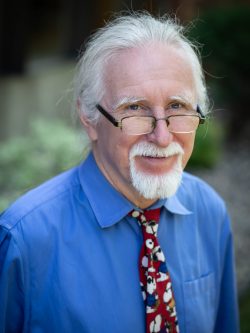
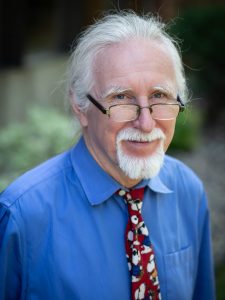 By Bob Hulteen
By Bob Hulteen 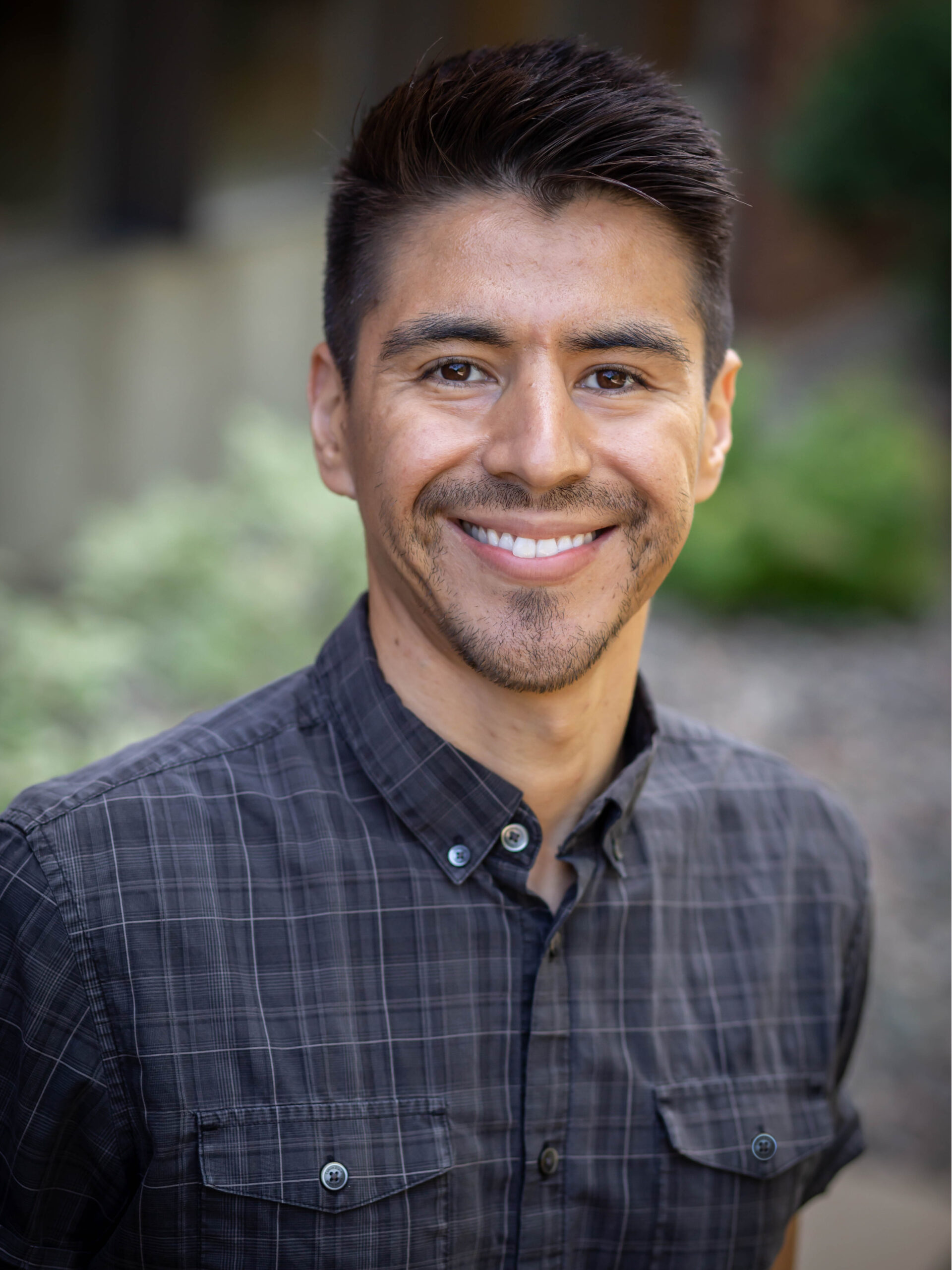
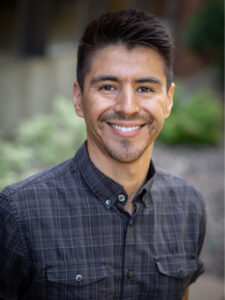
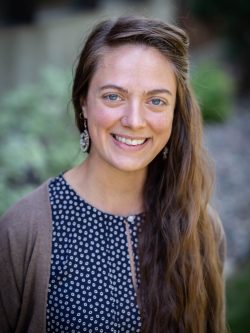
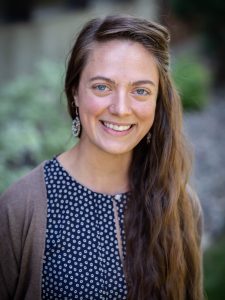 By Emilie Bouvier
By Emilie Bouvier 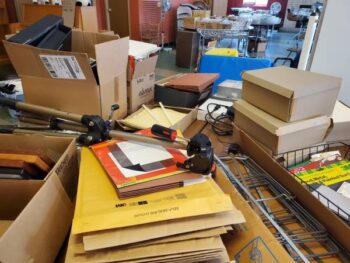

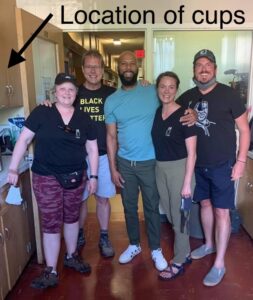
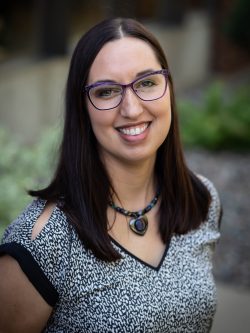
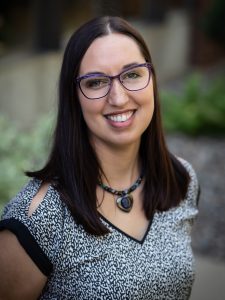 By Brenda Blackhawk
By Brenda Blackhawk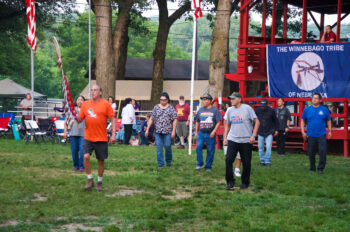
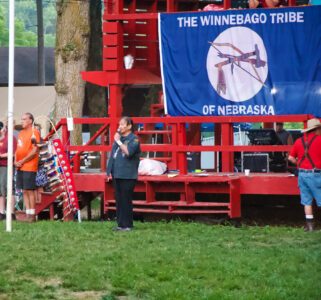 I’m not exactly a morning person, but I put myself together and walked down to the arena with my Nikon. The flag raising ceremony is much more than simply lifting up the 50 or so flags. (There are usually more than 75, but attendance was lower due to to COVID-19.) A drum group played special songs as the flags rose toward the sky. Then, they played four warrior songs and we danced, with one veteran leading as he (or she) carried the eagle feather staff. It all ended with prayer, storytelling, and a meal.
I’m not exactly a morning person, but I put myself together and walked down to the arena with my Nikon. The flag raising ceremony is much more than simply lifting up the 50 or so flags. (There are usually more than 75, but attendance was lower due to to COVID-19.) A drum group played special songs as the flags rose toward the sky. Then, they played four warrior songs and we danced, with one veteran leading as he (or she) carried the eagle feather staff. It all ended with prayer, storytelling, and a meal. 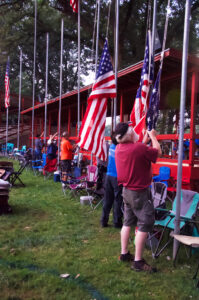
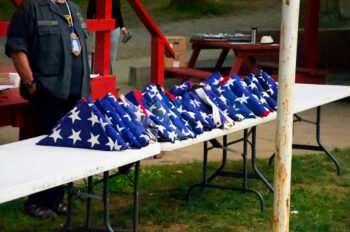 But the second thought I had after hearing Mr. Ladd’s words, was that this nation has made enemies of their neighbors. We are so divided by the categories we’ve created for ourselves. Republicans are the enemies of Democrats; conservatives vs. liberals; rural vs. urban; dog people vs. cat people (that last one was meant to lighten the mood).
But the second thought I had after hearing Mr. Ladd’s words, was that this nation has made enemies of their neighbors. We are so divided by the categories we’ve created for ourselves. Republicans are the enemies of Democrats; conservatives vs. liberals; rural vs. urban; dog people vs. cat people (that last one was meant to lighten the mood). 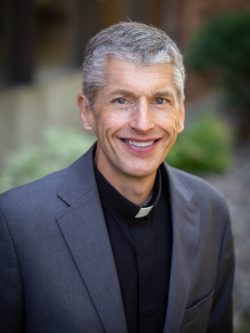
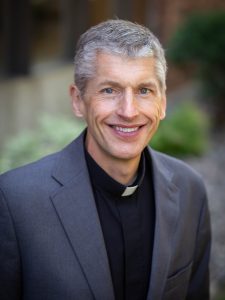 By Pastor Craig Pederson
By Pastor Craig Pederson 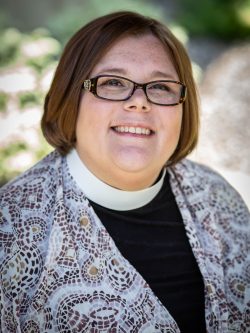
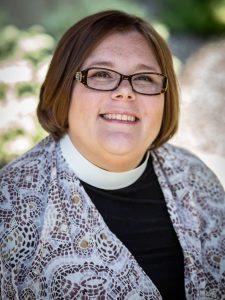 By Pastor Norma Malfatti
By Pastor Norma Malfatti 
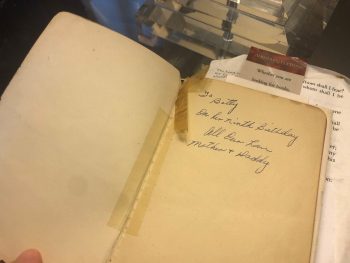 However, a day never passed by that she didn’t share a prayer, a piece of Scripture from the Bible she now read online, or worshipful piece of music on Facebook. In fact, after her death the number one comment I’ve gotten when talking with her friends and my older family members is how much they miss her daily words of encouragement – that simple faith practice of reminding others that they have a God of abundant love and welcome and that God will never abandon them.
However, a day never passed by that she didn’t share a prayer, a piece of Scripture from the Bible she now read online, or worshipful piece of music on Facebook. In fact, after her death the number one comment I’ve gotten when talking with her friends and my older family members is how much they miss her daily words of encouragement – that simple faith practice of reminding others that they have a God of abundant love and welcome and that God will never abandon them.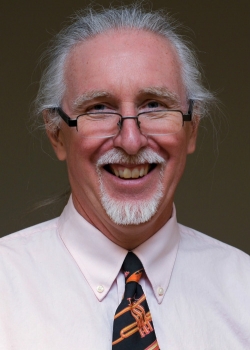
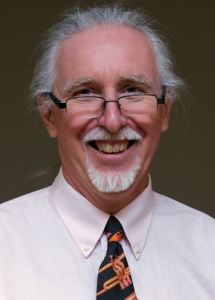

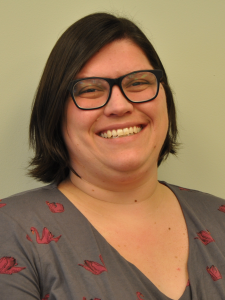 By Meghan Olsen Biebighauser
By Meghan Olsen Biebighauser